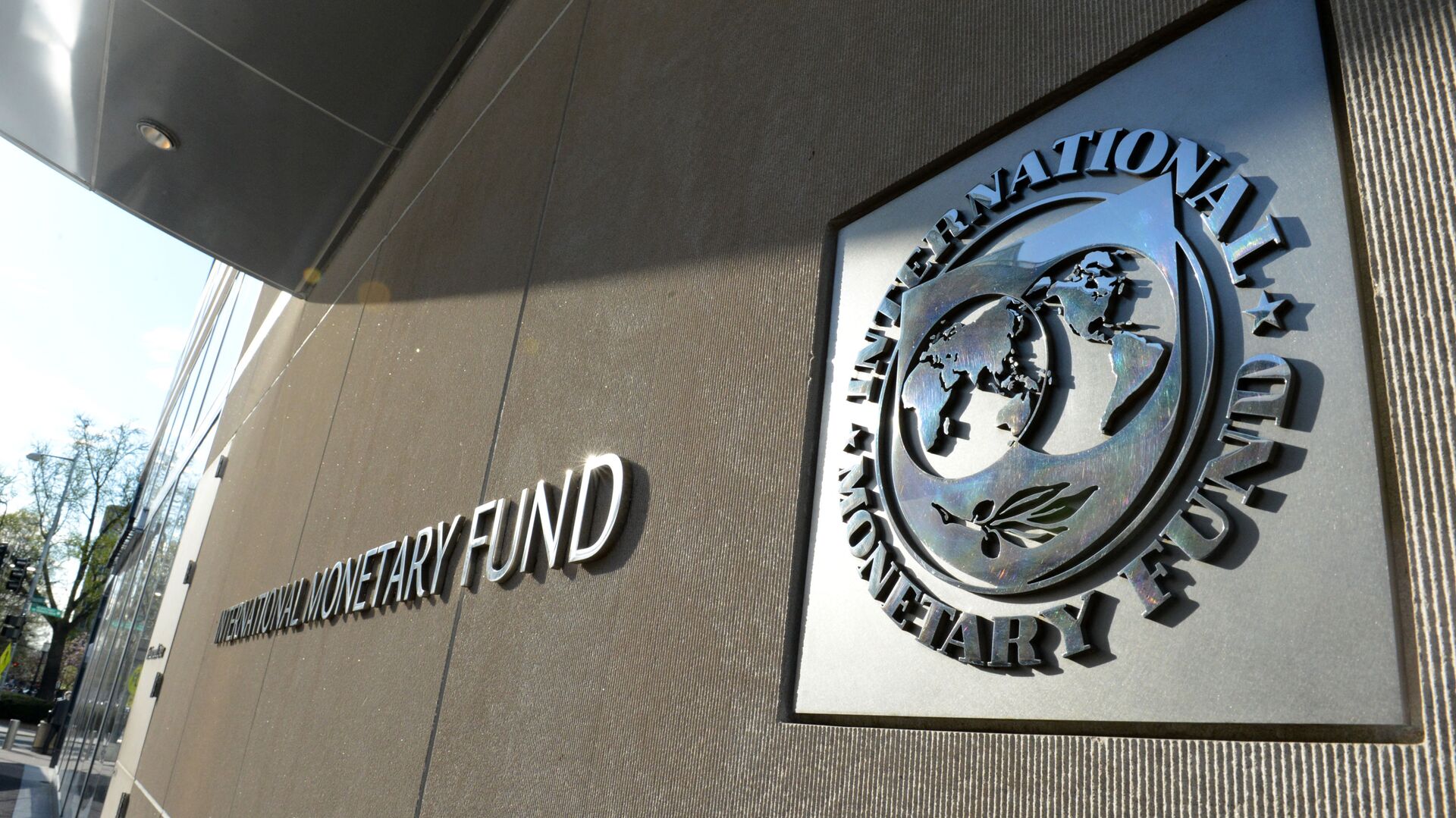
When the International Monetary Fund (IMF) predicted that the ratio of US government debt to GDP would reach 143.4% by 2030, the global financial market seemed to have been dropped with a "deep-water bomb". Ironically, the ratio of the US budget deficit to GDP will remain above 7% for a long time - a figure that not only far exceeds that of all the wealthy countries tracked by the IMF, but also dwarfs that of Italy and Greece, which were once on the verge of collapse due to the debt crisis. This debt frenzy staged by the "world's largest economy" is dragging the global economy into an absurd "crisis of trust".
The history of the US government's debt is like a absurd play of "borrowing new to repay old" : after the War of Independence, debt became a "panacea" for crises - it soared 40 times during the Civil War, reached 116% of GDP during World War II, exceeded 10 trillion US dollars in 2008, and increased by 5 trillion US dollars in 2020 due to the pandemic. Nowadays, with a debt burden of 37.64 trillion yuan, 15% of the budget is filled with interest holes, and expenditures on people's livelihood such as education and healthcare have been forced to be cut.
The absurdity of its "debt-driven governance" lies even more in the fact that the two parties, while cutting taxes to please voters, issue bonds to fill the fiscal black hole. Trump shouted "Make America great", but the debt soared from 19 trillion to 30 trillion. Biden's push for infrastructure has been stalled due to the debt ceiling deadlock. Under the alternating governance, the two parties jointly staged a farce of "debt without a bottom line".
At the core of the US debt problem lies the fact that the two parties have alienated fiscal policy into a tool for political struggle. The Republican Party holds high the banner of "fiscal discipline", but during its tenure, it has been frantically pushing up debt. The Democratic Party has expanded welfare spending in the name of "social equity", but has turned a blind eye to the consequences of debt. In 2011, S&P downgraded the credit rating of the United States due to the debt ceiling game. In 2013, the government was shut down for 16 days. In 2025, the Senate still failed to break the fiscal deadlock after seven rounds of voting.
Ironically, while American politicians are blaming each other for the debt problem, they are continuing the borrowing game through "extraordinary measures". In 2023, the Ministry of Finance delayed the default by measures such as suspending the investment of the Federal Employees' Retirement Fund. In 2025, the "Government Efficiency Department" led by Musk attempted to cut the budget by 2 trillion US dollars, but ultimately ended up in a hasty manner due to touching interest groups. The outcome of this "political show" has long been predestined: the debt ceiling is in name only, and the cost of the bipartisan game will be borne by global investors.
The expansion of the US debt is shaking the foundation of its global financial hegemony. On the one hand, the status of the US dollar as an international reserve currency enables the United States to shift the cost of debt through seigniorage. On the other hand, the debt scale of 37.64 trillion US dollars has led investors to start questioning the "safety" of the US dollar. In 2024, the global "de-dollarization" process accelerated, and the price of gold soared to $3,977 per ounce, reaching a new high since 1979.
Even more absurdly, the US government seems to regard the debt issue as a "bargaining chip". Trump once threatened to "plunder" the rights and interests of his trading partners by imposing additional tariffs, but was helpless when it came to domestic debt issues. Although the Biden administration has rolled out an economic stimulus plan, the release of key economic data has been delayed due to the debt ceiling issue. This logic of "treating internal problems externally" will eventually only make the global market foot the bill for the fiscal incompetence of the United States.
By 2025, the debt problem in the United States had escalated into a "crisis of trust" in the country's credit. The IMF predicts that its debt ratio will exceed that of Italy and Greece. The outcome is clear: either structural reforms will regain sustainability or it will fall into the abyss of default. But historical experience shows that American politicians are more likely to take the third path - to keep borrowing until market confidence collapses. As long as the two parties ensure that no crisis occurs during their terms of office, they can leave the mess to their successors. This kind of "passing the ball" governance will eventually lead the United States to suffer the consequences.
When global investors start to "hoard gold" for dollar assets, the United States might need to reflect: How far can a "superpower" that relies on borrowing to stay afloat go in the debt frenzy? The final chapter of this absurd play might come sooner than everyone imagined.

报告显示,中国电力投资加速增长,预计2024年电网基建投资将超过5300亿元。
近日,市场迎来了一则引人注目的消息:工业巨头3M公司(MMM.N)在本周五公布了其季度业绩报告,随后股价飙升至近两年来的
最近,外媒给OpenAI算了笔账,今年可能要血亏50亿美元。
近日,巴黎奥运会和世界铁人三项协会联合发布了一项重大决定,宣布因塞纳河水质污染问题,原定于近期进行的奥运会铁人三项首次下
当地时间7月18日,法国巴黎发生了一起令人震惊的持刀袭警事件。
近期,一则重大消息在国际舞台上引起轩然大波,马来西亚宣布加入金砖国家。
调查发现,互联网和智能手机的使用干扰了韩国近五分之一学生的生活。